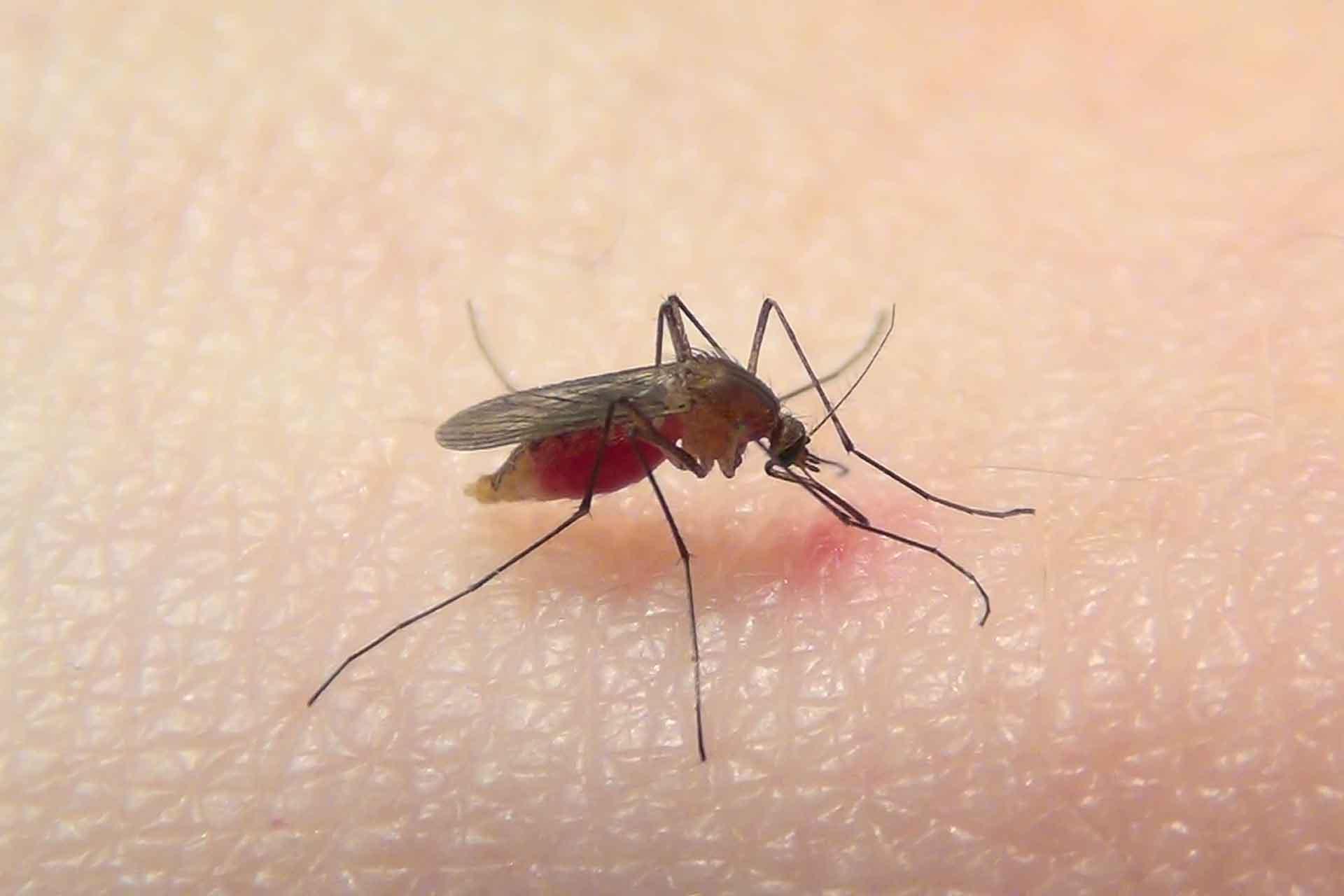The largest study of blood feeding by mosquitoes ever conducted in the UK, has revealed that some species are more selective than others when choosing a host. Researchers aimed to discover which birds and mammals mosquitoes were biting in order to understand the potential for the UK to experience outbreaks of vector-borne diseases.
Published in Parasites and Vectors, the study was part of a PhD project carried out by Dr. Victor Brugman at The Pirbright Institute and involved the intensive collection and analysis of mosquitoes from a grazing and wetland environment in the Thames Valley - a popular habitat for native and migratory birds.
Scientists collected almost 21,000 mosquitoes using traps specifically designed to provide shelter for females that had taken a blood meal, as only female mosquitoes bite. Eleven different species of mosquito were collected and DNA was sequenced from 964 individuals that still had blood present in their bodies. The DNA was then matched to sequences from UK wildlife held on global databases.
The study revealed that mosquitoes varied in their feeding behaviour: some, such as Culex pipiens and Culex modestus fed on native and migratory bird species but didn’t feed on mammals. Others however, such as Anopheles maculipennis fed on a range of mammals, including cattle, sheep and rabbits as well as birds. The use of both bird and mammal hosts by mosquitoes can lead to viruses `spilling` over into new species and potentially human populations.
Dr. Brugman said: “This study is important because of factors such as environmental change and the potential for exotic mosquitoes to reach the UK which means that diseases previously restricted to more tropical climates are emerging in regions traditionally considered temperate.
“The data we have gathered from this research is crucial in helping us understand the potential of disease threats and how we can best protect the UK’s wildlife, livestock and our human population in the future.”
Dr. Simon Carpenter, head of vector-borne diseases research at Pirbright said: “An interesting aspect of this study was the sheer range of birds that the mosquitoes fed on - from herons and owls to sparrows and chickens. While mosquitoes in the UK are only thought of as a biting irritant in summer, this study has shown there are also complex relationships across UK wildlife which may have consequences for virus transmission.”
